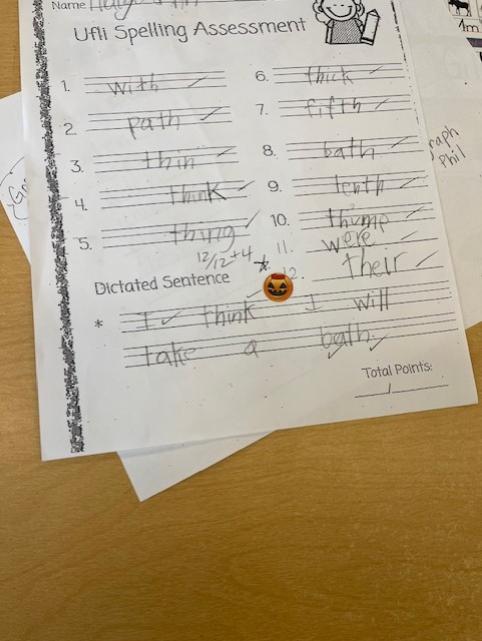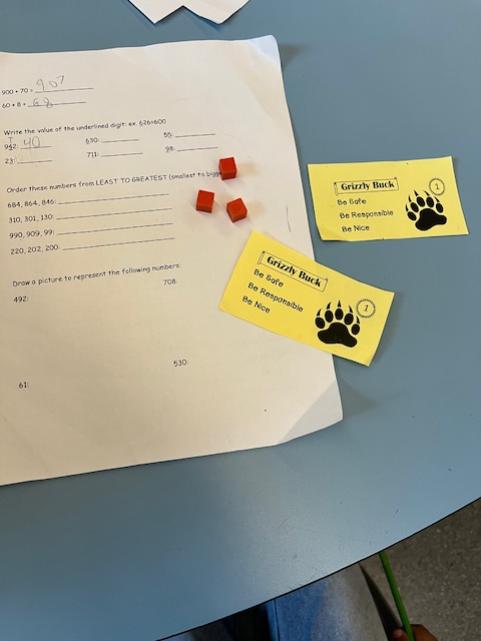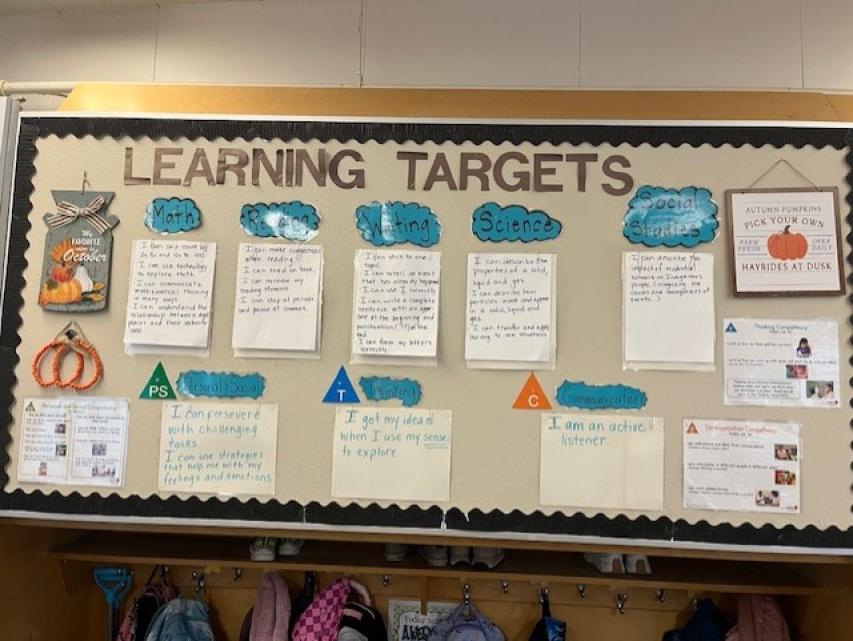Intellectual Development
Our students will learn key academic skills - like reading, writing and math - to encompass the knowledge and processes associated with intellectual development. As learners and meaning-makers, students take subject-specific concepts and content and transform them into a new understanding.
Goals
- Improve student success in literacy.
- Improve student success in numeracy.
Literacy Goal
Godson Elementary’s implementation of the PBIS (Positive Behavioral Interventions and Supports) model plays a pivotal role in enhancing literacy outcomes by creating a structured, supportive environment that encourages consistent engagement with reading. Through clearly defined expectations and reinforcement systems, students are motivated to participate in our Home Reading Program, which promotes daily reading habits. By recognizing and celebrating students’ efforts—such as logging reading minutes or completing book challenges—we foster a culture where literacy is valued and rewarded, aligning with PBIS principles of positive reinforcement and student accountability.
The integration of the UFLI (University of Florida Literacy Institute) program further strengthens our literacy framework by providing systematic, research-based instruction in foundational reading skills. UFLI’s structured approach to phonics, decoding, and fluency complements the Home Reading Program by equipping students with the tools they need to read independently and confidently. Teachers use UFLI lessons to target specific literacy skills, and PBIS strategies help maintain a focused and respectful classroom environment where students can thrive academically.
Together, PBIS, the Home Reading Program, and UFLI create a cohesive literacy strategy that supports both skill development and motivation. PBIS ensures that students are consistently encouraged and supported in their reading journey, while the Home Reading Program builds habits and family engagement, and UFLI provides the instructional rigor needed for literacy growth. This multi-tiered approach not only improves reading proficiency but also nurtures a lifelong love of learning in our students.



Numeracy
Godson’s use of the PBIS model supports numeracy development by fostering a positive and structured learning environment where students feel safe to take risks and engage with mathematical thinking. Through consistent expectations and reinforcement, students are encouraged to participate actively in daily numeracy tasks. This includes our Daily Numeracy Assessments, which are embedded into classroom routines and used to monitor progress, identify learning gaps, and celebrate growth—aligning with PBIS principles of recognizing effort and achievement.
Daily Numeracy Assessments provide timely feedback and allow teachers to tailor instruction to meet individual student needs. These assessments are short, focused, and designed to build fluency in key mathematical concepts such as number sense, operations, and problem-solving. When paired with PBIS strategies, students are motivated to improve their performance and take ownership of their learning. The positive reinforcement system helps build confidence and persistence, especially for students who may struggle with math, by acknowledging incremental progress and consistent effort.
Together, PBIS and Daily Numeracy Assessments create a dynamic framework for numeracy growth. PBIS ensures that students are consistently supported and encouraged, while the assessments provide the data needed to guide instruction and intervention. This approach not only improves mathematical proficiency but also cultivates a growth mindset, helping students see themselves as capable mathematicians who can succeed through effort and perseverance.
